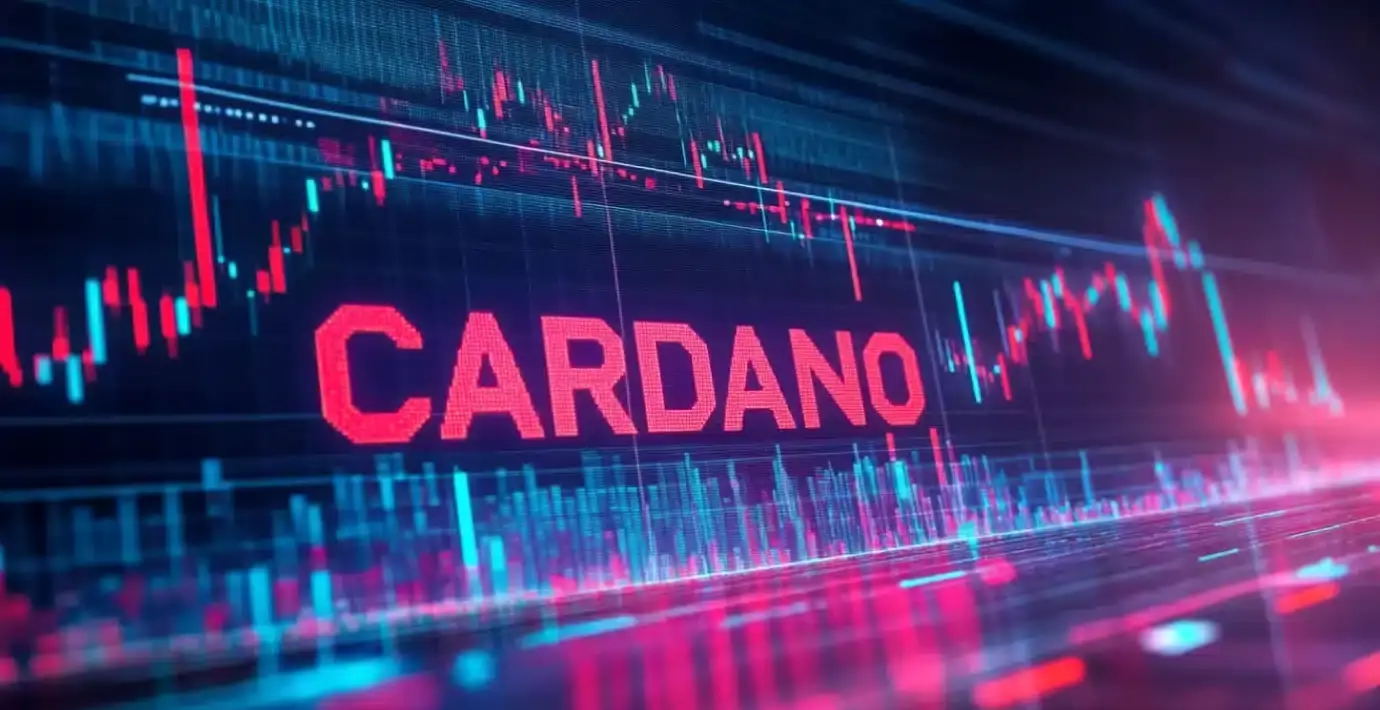In an era where our personal data has become a commodity, Cardano’s recent launch of Veridian represents a significant shift towards empowering individuals and businesses with true ownership of their digital identities. This open-source platform, initiated on April 3, 2023, is a bold departure from the conventional, centralized identity systems that have proven to be both vulnerable and susceptible to data breaches. Veridian is not just another digital identity service; it’s a liberating tool that shifts the balance of power back to the individual, ensuring that users are not merely products but sovereign entities in the digital landscape.
Decentralization as the Future
What sets Veridian apart is its foundational reliance on decentralized architecture, leveraging protocols such as KERI for decentralized identifiers and ACDC for credentials. This inherently minimizes risks associated with data manipulation and unauthorized access, which are rampant in centralized frameworks. By obviating the need for third-party verification, Veridian fosters a more authentic and streamlined interaction between users, companies, and service providers. The absence of middlemen means a reduction in fees and complexities, which enhances user experience and potentially increases trust among online interactions.
Security Layers are the New Norm
Veridian’s incorporation of optional trust layers through Cardano’s blockchain speaks volumes about its commitment to security. The use of advanced security protocols ensures that users can conduct transactions and share information with confidence. This isn’t merely a cosmetic upgrade; it’s a fundamental rethinking of how online exchanges take place. With threats to digital security on the rise, Cardano’s approach not only addresses current vulnerabilities but also future-proofs the platform from emerging risks.
The Wallet That Changes Everything
Accompanying Veridian is the Veridian Wallet, which serves as a secure repository for digital credentials. The significance of this mobile app cannot be overstated; it creates a trusted environment where users can manage and validate their digital identities across various industries. Imagine the convenience of carrying your entire identity portfolio in your pocket, making secure transactions at the swipe of a finger. This technological integration enhances user autonomy and places them in control of their digital narratives.
Expanding Horizons with DeFi Integration
Cardano is not resting on its laurels with Veridian; under the visionary leadership of Charles Hoskinson, future plans include integrating Bitcoin into Cardano’s decentralized finance (DeFi) ecosystem. Insights from his recent interviews suggest that this could pave the way for institutional adoption of Bitcoin-based DeFi solutions within three years. This ambitious yet feasible roadmap reinforces Cardano’s position not just as a blockchain solution but as an ecosystem ripe for development and innovation.
The Price Paradox
Despite these promising advancements, Cardano’s market performance remains tumultuous, with ADA experiencing a 13% decline, bringing its value to approximately $0.65. Market analysts predict a potential dip below $0.59; however, the prospects for recovery and even a surge beyond $1 linger in the air, spurred on by renewed interest in DeFi and blockchain identity solutions. Such fluctuations reflect the broader volatility in the cryptocurrency landscape, yet they also highlight the potential for significant gains as Cardano’s innovations take root in the market.
In summation, Cardano’s Veridian epitomizes a crucial evolution in how we manage our digital identities. With its decentralized infrastructure, reinforced security measures, and strategic alignment with DeFi, it’s clear that Cardano is not only reforming the identity narrative but also positioning itself as a formidable force in the cryptocurrency arena.

